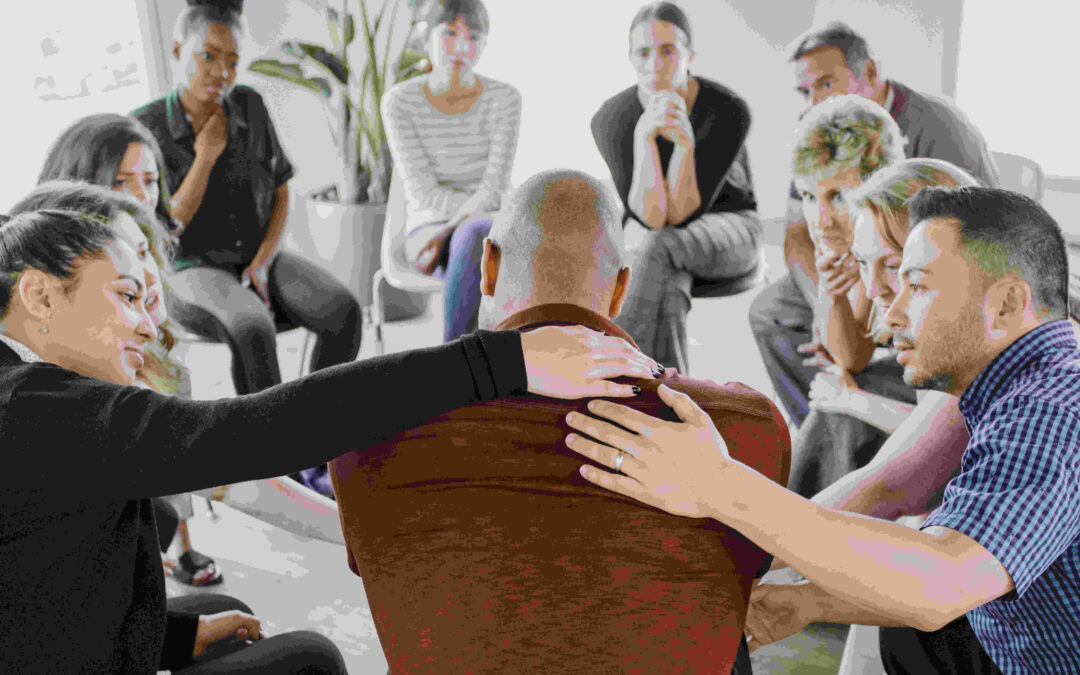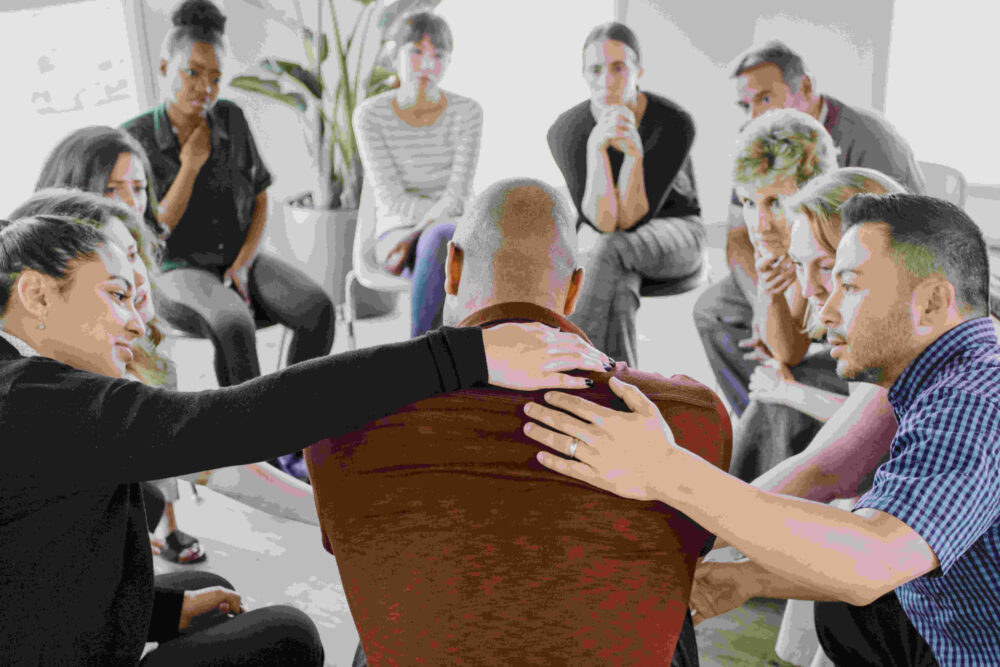
Empowering Organizations Through Humanity Training: The Power of Empathy and Mindfulness
Empowering Organizations Through Humanity Training: The Power of Empathy and Mindfulness
In today’s performance-driven business environment, organizations are constantly seeking ways to optimize productivity and improve outcomes. But what if the real key to transformation wasn’t another strategy or tool, but something far more fundamental — humanity? As Lisa Brazelton discussed in her recent episode on The Bliss Business Podcast, the integration of humanity training through empathy and mindfulness is revolutionizing how leaders and organizations operate.
Humanity Training: The Foundation for Modern Leadership
Humanity training isn’t just about being a “nice” leader or creating a stress-free workplace. It’s about fostering deep self-awareness and an understanding of how we show up in our professional lives. Lisa Brazelton, with her 28 years of experience as a master teacher, coach, and entrepreneur, highlights that self-awareness is the foundation for effective leadership. When leaders truly understand who they are at their core, they are better equipped to create a positive, mindful culture that transforms organizations from within.
Self-awareness, according to Brazelton, is the ability to perceive oneself outside of oneself — seeing how your actions, thoughts, and emotions impact not only you but also your team. Leaders who cultivate this understanding can begin to strip away limiting beliefs and patterns that hold them back, making room for a leadership style rooted in authenticity and mindfulness.
Why Empathy and Mindfulness Matter Now More Than Ever
Empathy and mindfulness are often considered “soft skills” in business, but Brazelton makes the compelling case that they are the new hard skills necessary for leadership in the 21st century. These skills enable leaders to connect with their teams on a human level, fostering collaboration and trust. When leaders take the time to understand what their employees are going through — not just as workers but as human beings — they create an environment where people feel valued and supported.
In an age where we are bombarded with distractions and a constant pressure to perform, mindfulness offers a powerful antidote. It encourages individuals to pause, reflect, and be present in the moment. As Brazelton pointed out, pausing allows for clarity. When leaders and teams can take a step back, they often find that they can solve problems more effectively, with less stress and greater creativity.
A Leader’s Responsibility: Creating a Culture of Authenticity
One of the most transformative aspects of Brazelton’s approach is the emphasis on authenticity. Too often, leaders feel they must wear a “CEO mask,” projecting strength while hiding their vulnerabilities. Brazelton challenges this idea by advocating for leaders to bring their full, authentic selves to the workplace. By doing so, they set an example for their teams, encouraging openness, trust, and true connection.
In a world where many employees feel disconnected or disengaged, creating a culture of authenticity can lead to profound changes. When leaders are transparent and empathetic, they foster a sense of psychological safety that allows employees to contribute their best work. In this environment, teams aren’t afraid to make mistakes or share ideas, which leads to greater innovation and productivity.
Building Resilient, High-Performing Teams
Empathy and mindfulness don’t just benefit individual leaders; they also have a profound impact on teams. Brazelton highlighted the importance of humanity training in creating resilient, high-performing teams. Teams that practice mindfulness together, that prioritize empathy in their interactions, become more cohesive and adaptable. They develop a sense of collective responsibility, recognizing that each individual plays a crucial role in the success of the whole.
In times of uncertainty or crisis, these practices are especially important. A team that has built resilience through mindfulness and empathy is better equipped to handle challenges without falling apart. As Brazelton noted, when teams understand that they are part of something larger than themselves, they can weather the storm together, growing stronger in the process.
The Business Case for Empathy and Mindfulness
For organizations that may still view empathy and mindfulness as optional extras, Brazelton’s message is clear: these practices are not just about making people feel good — they are essential to long-term business success. Studies consistently show that companies that prioritize well-being and empathy in the workplace outperform those that don’t. Employees who feel supported and valued are more engaged, more productive, and more loyal.
In fact, Brazelton herself has seen firsthand how mindfulness can transform a workplace. By introducing meditation sessions and promoting open dialogue, she created a culture where employees felt more connected and grounded. Even during difficult times, such as the housing crisis, her team remained resilient, loyal, and committed to the organization’s mission. This was a direct result of the mindful, empathetic culture she had cultivated.
Conclusion: The Future of Work Is Human
As we navigate an increasingly complex and uncertain world, it’s becoming clear that the future of work will not be driven solely by technology or strategy, but by our ability to connect with each other as human beings. Humanity training, with its focus on empathy, mindfulness, and self-awareness, is the key to unlocking the full potential of individuals and organizations alike.
Lisa Brazelton’s insights remind us that leadership is not just about driving results — it’s about creating environments where people can thrive. When leaders embrace humanity training and prioritize empathy and mindfulness, they not only enhance their own effectiveness but also empower their teams to reach new heights. The future of work is human, and the time to embrace this change is now.
Check out the conversation with Lisa Brazelton on The Bliss Business Podcast
Originally Featured on The Bliss Business Podcast Blog






Recent Comments